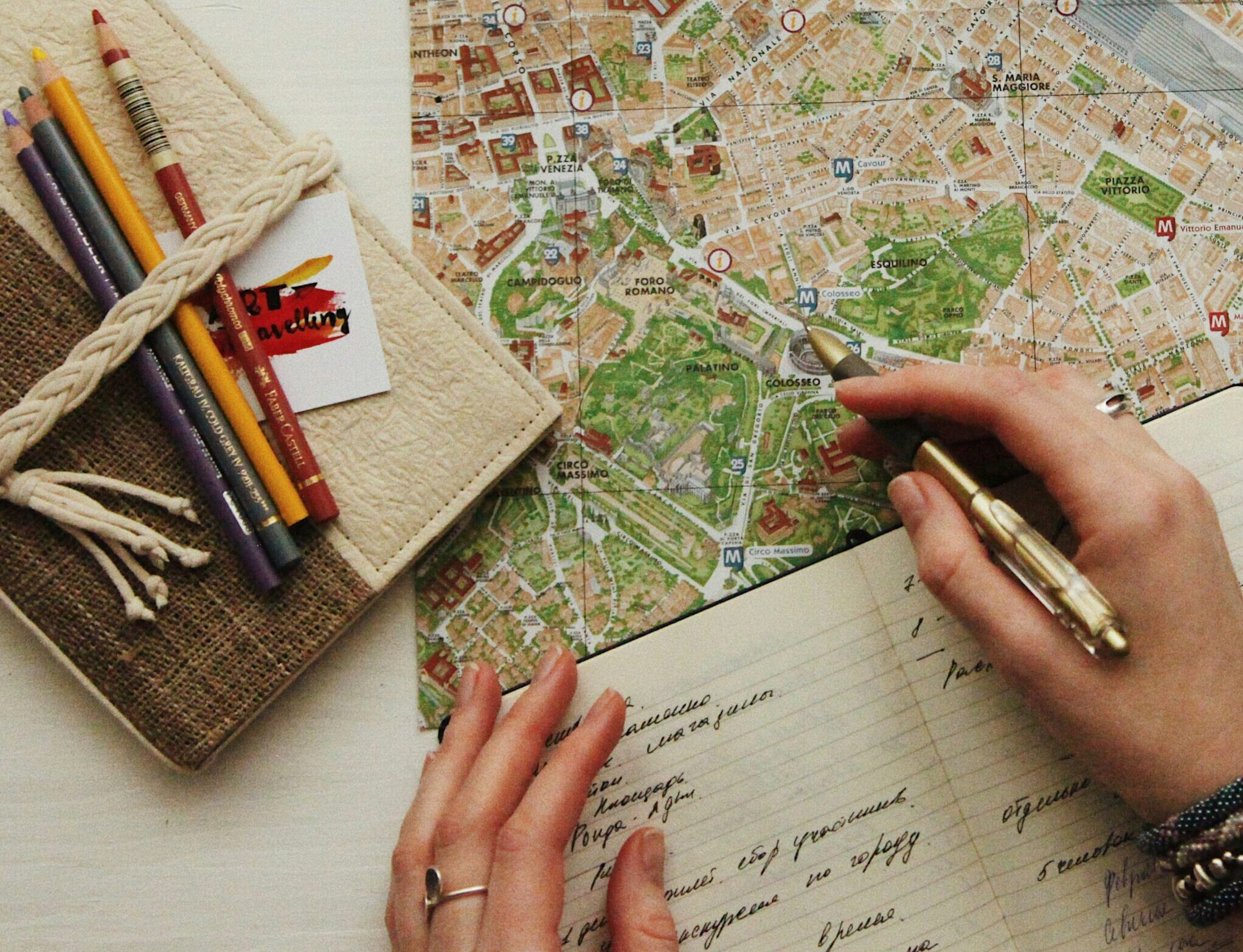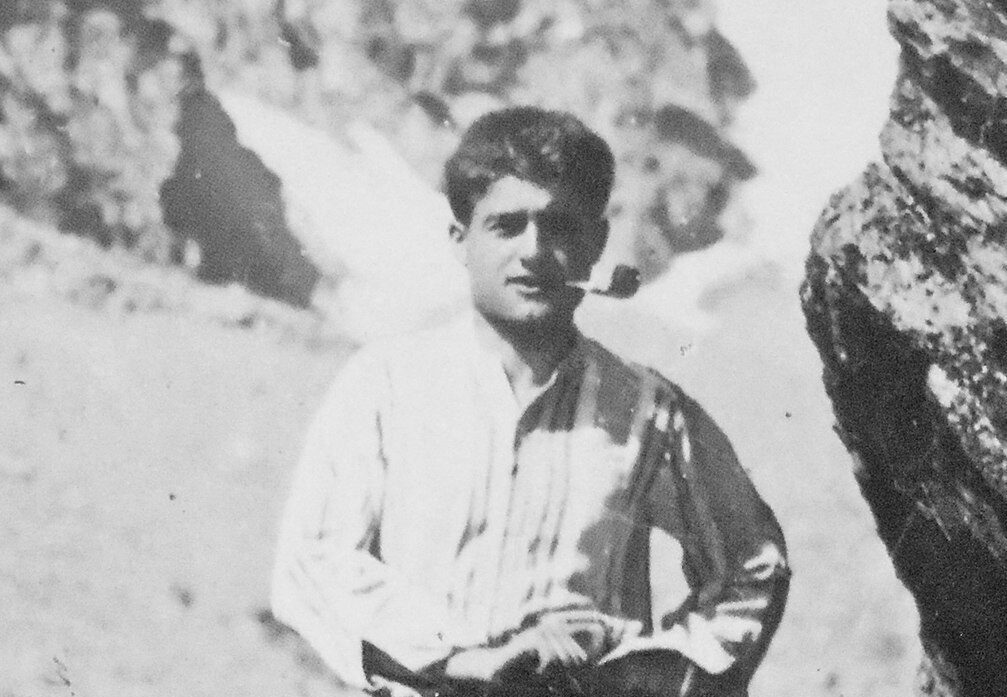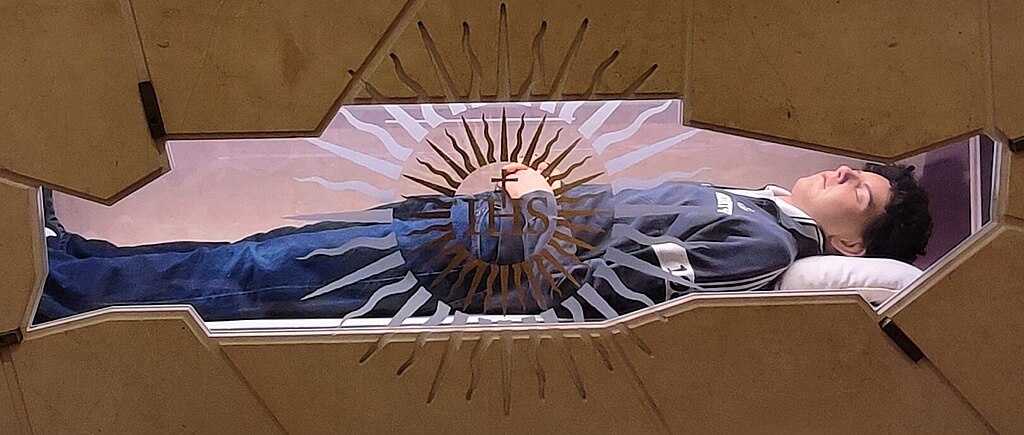You’ve saved the money, chosen the dates, purchased plane tickets—congratulations, you’re going to the Holy Land! Now it’s time to pack and prepare your heart for an incredible encounter with the Lord. Here are the top things you need to know from the practical to the prayerful.
What to Pack
From clothes to cell phone accessories, this overview will help you determine what you’ll need in your bags.
Clothes & Shoes
Before you decide how many outfits to pack, find out if your hotels have laundry facilities. If they don’t, you could pack light and hand wash your outfits as needed (this may not be very effective during hot seasons), or you could pack an outfit or two for each day. As you determine what clothes to bring, don’t worry too much about style. Comfort and efficiency are far more important. Check to see what the weather will be like in Israel during your trip so you know if you should pack warmer or cooler clothes.
In general you’ll want to pack:
-
-
- Comfortable clothes for the long plane ride
- A dressy outfit for dinners or an evening out
- Durable, loose-fitting clothes that you can walk in for miles
- Modest attire for religious sites (knees and shoulders must be covered; women will need a scarf or similar head covering at mosques)
- A weatherproof jacket and a hat (warm in colder months; sun hat for protection in hot months)
- An umbrella for rain and sun
- Sweat-absorbing socks
- Layers, no matter what season you’re traveling in
- A big water bottle
- At least one pair of hiking shoes (you could also bring hiking sandals if you’re going in hot weather)
- A sturdy walking stick
-
You’ll be doing quite a lot of walking in the Holy Land, and often the terrain will be uneven or rocky. Invest in a quality pair of hiking shoes—you won’t regret it. To best protect your feet from blisters, walk in the shoes for at least a week before you arrive in Israel. If you aren’t in the habit of walking much, it’s very helpful to start walking regularly a month or two in advance of your pilgrimage to get your body prepared for the physical exertion. You can always ask your tour guide how many miles a day you should be prepared to walk.
Your Go-To Bag
While you’re touring and sight-seeing, you’ll be carrying several items: your passport, ID, money, camera, cell phone, maybe even some souvenirs. No matter what country or city you visit, there will always be the chance of pickpockets and theft, so it’s important to choose a secure bag or purse. Some pilgrims prefer to bring a neck safe instead of a purse or backpack, and some bring anti-theft bags with lockable zippers and slash-proof material.
Passport
It probably goes without saying, but as you are deciding what bag to carry around with you each day, make sure your passport is valid and current—it is required to go on your trip. And make sure you bring at least two copies with you: one to lock in the hotel safe, and one to keep in your luggage just in case your actual passport is stolen. You’ll need to keep your actual passport with you at all times.
If you don’t have a passport, start your application here. If your passport is out of date, renew your application here. Note that routine processing takes 6-8 weeks so get started as soon as possible (there are expedited options if you need it faster).
Medicine
Pack any medications in your carry-on bag in case your luggage is lost or delayed. Bring any prescription medication in their original bottles, or at least bring the original prescription information with you. It’s a good idea to have an over-the-counter pain reliever and an antacid on hand as well. Depending on the season, you may want to bring sunscreen and bug repellent.
Tech
Although one of the reasons you may be taking this pilgrimage is to unplug, you’ll be glad you plugged in with some of these electrical devices:
-
-
- Adapter plug (like this one) and USB adapter to fit Israeli outlets
- Earbuds and a device to listen to music or an audiobook during plane and bus rides (you can bring physical books too—including prayer books)
- Cell phone, laptop, tablet, and chargers
- Camera and charger or extra batteries if you don’t plan on using your phone for photos
- Portable charger for your phone and other devices you may be carrying with you throughout the day
- Storage device to transfer photos from your phone or camera
- International data plan for your cell phone so you don’t get a costly, unexpected bill when you get home
-
Money
Many places in Israel do accept American money, but you’ll want to have your debit card or ATM card on hand for withdrawing local currency just in case. Be sure to let your bank know you will be going abroad so they do not freeze your account due to perceived suspicious activity. It’s also helpful to check with your credit card company to see if you can use your credit card in Israel.
Bring some American dollars with you as well (ones, fives, and tens are most useful). Since many restaurants, souvenir shops, and other places do accept American money, this can come in handy when you need to buy a water bottle or leave a tip. Small bills make it a little easier since sometimes it’s hard to get change. Your tour organizer can help you determine how much money on average you should budget per day.
Travel Insurance
It never hurts to be prepared for the unexpected. Most Americans’ medical insurance will not work overseas, so consider our recommended travel insurance.
Pray and Learn
It can be easy to get so focused on the practical aspect of preparing that we lose sight of the spiritual side. When you go to the Holy Land, you will be walking in the footsteps of God. You will stand in places you’ve read about countless times in the Bible. God is going to do something amazing to your heart during this pilgrimage, and the best way to experience it is to cultivate a spirit of receptivity before you go.
Prayer Tips
Here are some tips to prepare your heart for this journey.
-
-
- Choose at least one prayer intention to bring with you on this pilgrimage, whether it’s for you or someone you love.
- Enhance your daily prayer routine. For example, if you already pray a Rosary each day, consider adding a Memorare or a Chaplet of Divine Mercy. Or choose a prayer from one of your favorite saints.
- Find things to offer up in the days leading up to your trip. For example, if packing is stressing you out, turn that over to God as a prayer.
- Ask your family and friends for prayer intentions to bring with you to the Holy Land. Maybe they would even like you to place a letter to God in the Western Wall. Consider bringing a few postcards with you so you can send them to those you are praying for, letting them know where and when you prayed for them or thought of them on your trip.
- On the flip side, ask others to pray for you as well!
- Ask God for the grace to turn every travel mishap or stressful moment into an opportunity to grow and praise him.
-
Journal
Another fruitful practice is to start a prayer journal before you go, and use it on your trip. Begin each entry with a quiet moment asking God what he wants to bring to your focus. You can explore these and other questions in your journal before you depart:
-
-
- What first inspired you to make this pilgrimage?
- What does a pilgrimage to the Holy Land mean for you?
- What are your expectations of this trip?
- How will you feel if your expectations are not met?
- What is weighing on your heart the most as you make this journey?
- How do you think you will be different when you return home?
-
Expect the Unexpected
Traveling can be stressful and emotionally draining. Preparing for a trip like this takes a lot of time, energy, and money, and once you arrive, it’s normal to just want everything to go smoothly and according to plan. But sometimes life gets in the way: a flight is delayed. Luggage is lost. The itinerary is changed. Bad weather takes over a day. You can’t spend as much time at one site as you’d like.
Starting a practice of meditation before your trip can help you expect and, more importantly, accept the unexpected. Visualize various things that could go wrong and how you would like to respond in each situation. Get creative in finding the positive growth opportunities in difficult situations. Remember that God is ultimately in control of this pilgrimage, and ask him to help you accept that. If you enter this journey with the mindset that anything that happens is actually a wonderful opportunity for you, you will get so much more out of the experience.
Learn the Land
One last way you can cultivate an even deeper pilgrimage experience is to learn as much as you can about the various sites you will be visiting before you leave. Find out what sites are on the itinerary, what is their Biblical and historical significance, and which ones are important to you personally. It can also be enlightening to brush up on geography beforehand—especially Biblical geography. Knowing where things are—like the Mount of Olives, for example—in relation to other sites can really elevate your experience and bring the Bible to life even more for you.
Read Some Good Books
When you register for a Holy Land pilgrimage with Verso Ministries, we’ll send you a copy of Jesus: A Pilgrimage by James Martin, SJ. This book will help you dive deeper into your relationship with Jesus and will give you a new perspective on the Gospel stories you know and love, which will make your experience at the sites of those stories all the more meaningful. Another great option is The Holy Land: An Oxford Archaeological Guide, which takes you on a thorough tour of the Holy Land’s geography, history, and archeology.
Go Forth
Every journey you take is enhanced with a little preparation. Pack well, pray hard, and open your heart, and you will have an amazing experience that will touch your life forever.
Curious about going on pilgrimage to the Holy Land? Discover more here.




